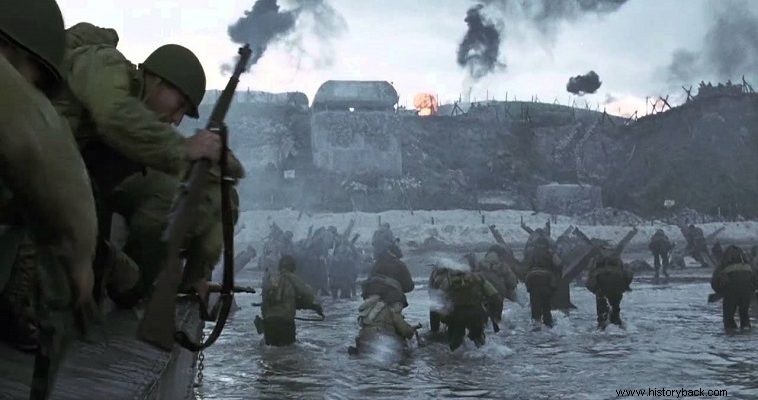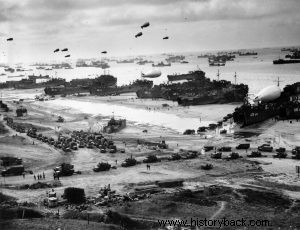
75 years ago, as Allied staffs were preparing the largest-ever landing operation in Normandy, British intelligence had a panic attack, literally, when they discovered that Britain's Daily Telegraph had published, in the crossword puzzle of the day, all the code names relating to the impending landing in Normandy.
The British agents, considering it to be a deliberate act of a traitor, moved immediately and arrested Leonard Dowie, who composed the crosswords for the newspaper. Dowie had previously attracted the interest of the British secret services, when the word Dieppe appeared in his crossword on the eve of the ill-fated British landing there, on August 19, 1942.
Asin his new crossword appeared the words Juno, Gold and Sword, the code names of the landing beaches of the British and Canadian forces, but also the word Utah, one of the beaches where the Americans would land, the British agents were concerned.
In the crossword of 27 May 1944, the word Overlord also appeared, the later code name of the entire operation, the use of which, however, had not yet been decided by the Allied staffs. The word Overlord, as the code name of the landing was given on June 1st. So it was clear that Dowie was not at fault. But what had happened?
Dowie was a school principal. Crosswords were his rage . In order to exercise the spirit of his students, he would have them fill in white crosswords – without the black squares delimiting the words – as a mental exercise.
Dowie evaluated each of his students' responses. But the school where Dowie worked was near a camp where American and Canadian soldiers had gathered for the imminent landing. Dowie's students, with their childlike curiosity, constantly visited the camp and heard the "dangerous" words, which they transferred to the solutions of the crosswords that Dowie gave them.
The soldiers spoke freely in front of the children, being certain that they could not be spies. However, this is how the Germans almost learned a lot about the otherwise top-secret operation.

